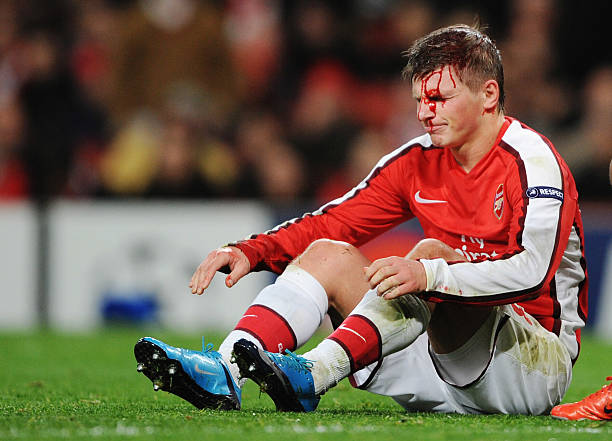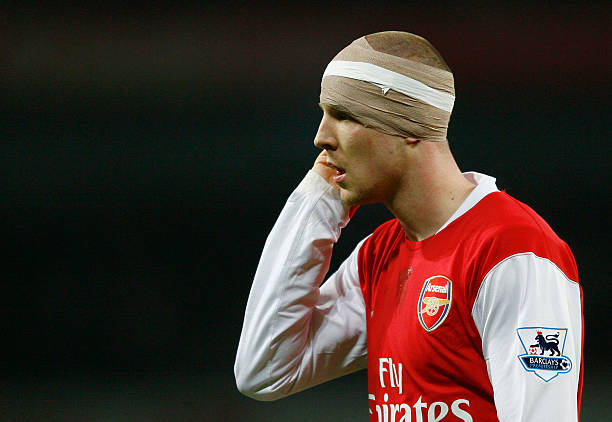Football’s governing body, the International Football Association Board (IFAB), has decided not to introduce a trial of temporary concussion substitutes despite pressure from the Premier League to do so.

The ongoing trial of two permanent concussion substitutes will continue, with IFAB stating that the possibility of introducing temporary concussion subs will remain under review.
At a meeting held in London, FIFA president Gianni Infantino met with FA executives to discuss the prospect of trialling temporary concussion substitutes. The Premier League has sent a letter to IFAB arguing for the introduction of temporary concussion subs, with 18 of the 20 clubs in favour.
However, IFAB has decided against introducing temporary concussion substitutes, though they insist that the possibility of introducing trials for such substitutes will remain under constant review. The board believes that the ongoing trial of two permanent concussion substitutes is the best way to protect the health of players.
FIFA president Infantino defended the decision, stating that it is based on medical expertise and not on feelings or arguments. The board believes that if there is a risk or a feeling or a possibility that there has been a concussion or a problem, then it is better to take the player out and take zero risk.
While the Premier League and some of its clubs are disappointed with the decision, the board’s stance is that the health of players should be the top priority.
It is hoped that this will lead to the development of the best possible protocol for managing concussions and ensuring the safety of players.

